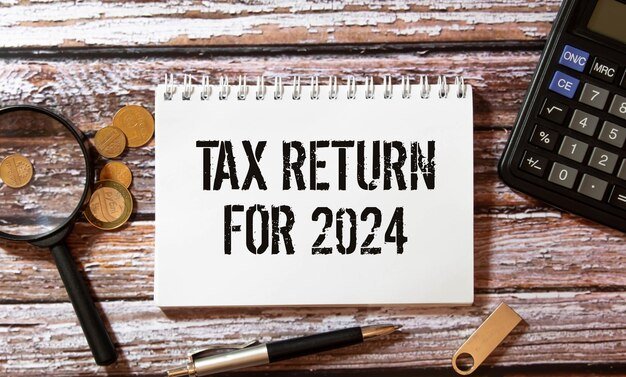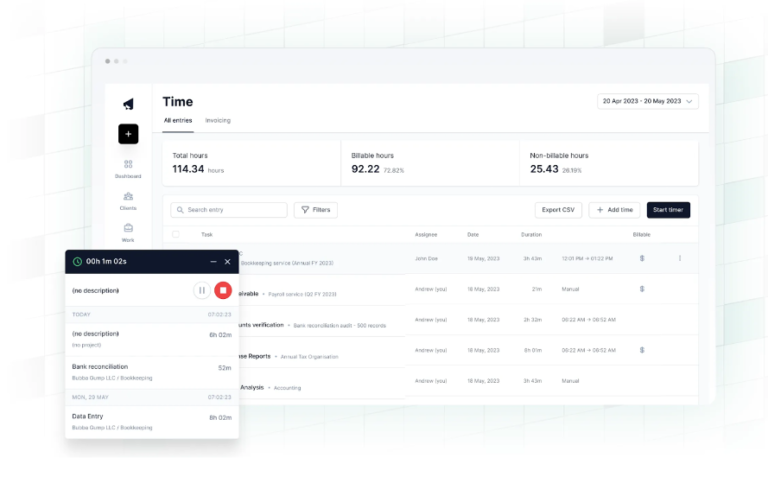
As we approach the new year, one date that looms large for individuals and businesses alike is Tax Day. Knowing when taxes are due is essential for avoiding late fees, penalties, and potential issues with the IRS. In 2024, there are several key dates to keep in mind, including the regular filing deadlines for individuals, businesses, and those who may need an extension. Let’s break down the major tax due dates, what they mean, and some tips on preparing for a smooth filing experience.when are taxes due 2024
Key Tax Deadlines for 2024
The main filing deadline for individual federal income tax returns in the United States is typically April 15. However, in 2024, this deadline will be adjusted due to the date falling on a federal holiday. The IRS has set April 15, 2024, as the tax deadline, meaning that taxpayers need to file by this date or request an extension to avoid late penalties.
1. April 15, 2024 – Individual Tax Filing Deadline
Who: Most U.S. taxpayers, including individual filers, married couples filing jointly, and heads of households.
What: Deadline for filing Form 1040 and paying any taxes due.
Why: Filing on time helps avoid penalties and interest on unpaid taxes. If you need more time, you can request an extension by this date.
2. April 15, 2024 – First Quarterly Estimated Tax Payment for 2024
Who: Self-employed individuals, freelancers, independent contractors, and anyone else who pays estimated taxes throughout the year.
What: Deadline for the first quarterly estimated tax payment for 2024.
Why: Estimated tax payments help you avoid a big bill at the end of the year and potential penalties for underpayment.
3. June 17, 2024 – Second Quarterly Estimated Tax Payment for 2024
Who: Same group as above (self-employed individuals and anyone who pays estimated taxes).
What: Deadline for the second quarterly estimated tax payment.
Why: Making timely payments helps avoid penalties and interest.
4. September 16, 2024 – Third Quarterly Estimated Tax Payment for 2024
Who: Self-employed individuals and those paying estimated taxes.
What: Deadline for the third quarterly payment.
Why: Keeping up with estimated payments helps manage tax obligations and avoid a large tax bill.
5. October 15, 2024 – Extended Individual Tax Filing Deadline
Who: Taxpayers who requested a six-month extension by filing Form 4868.
What: Final deadline for submitting your 2023 tax return if you obtained an extension.
Why: Missing this deadline can lead to penalties, so it’s crucial to finalize any outstanding tax filings.
6. January 15, 2025 – Fourth Quarterly Estimated Tax Payment for 2024
![]()
Who: Self-employed individuals and others paying estimated taxes.
What: The final estimated tax payment for 2024.
Why: Paying this installment helps cover your remaining tax liability for the year.
Why Is It Important to Meet Tax Deadlines?
Filing taxes on time is important for several reasons. Firstly, timely filing helps you avoid penalties and interest charges. The IRS charges a penalty of 5% of unpaid taxes per month for failing to file on time, and interest also accrues on unpaid taxes. For those who are due a refund, filing on time ensures a quicker return of their funds. Missing tax deadlines can also affect your eligibility for certain tax credits and benefits.
Tips for Preparing Your 2024 Tax Return
To make the tax filing process smoother, consider these tips:
1. Start Organizing Early: Begin gathering all necessary documents, such as W-2s, 1099s, and any receipts or records that support deductions or credits you plan to claim. Organizing early helps reduce stress as the deadline approaches.
2. Use Tax Software or Consult a Professional: Tax software can simplify the filing process and help identify potential deductions. However, if your tax situation is complex, consulting a tax professional can be beneficial, especially for navigating changes in tax laws.
3. Review Tax Law Changes: Tax laws can change from year to year, impacting deductions, credits, and income brackets. Familiarize yourself with any new rules for the 2023 tax year that could affect your return.
4. Check Your Estimated Payments: If you’re self-employed or have income that isn’t subject to withholding, ensure your estimated payments are on track. The IRS has specific guidelines for avoiding underpayment penalties, so it’s essential to make quarterly payments on time.
5. Double-Check Your Return: Errors can lead to delays and potential issues with the IRS. Before submitting, double-check all the information on your return, from Social Security numbers to income and deduction amounts.
6. Consider Filing Electronically: E-filing is faster, more secure, and can expedite any refunds you may be owed. Most tax software and professional services offer e-filing options, and the IRS processes electronic returns more quickly than paper filings.
What to Do If You Can’t File by April 15
If you aren’t able to complete your tax return by April 15, don’t panic. The IRS allows you to request an extension, giving you an additional six months to file. Here’s how it works:
File Form 4868: Submit Form 4868 by April 15, 2024, to receive an automatic extension to October 15, 2024. Filing an extension is easy and can be done electronically or by mailing a paper form.
Make an Estimated Payment: Even with an extension to file, any taxes you owe are still due by April 15. To avoid penalties, try to pay an estimated amount with your extension request.
Avoid Late Filing Penalties: Filing for an extension can help you avoid the late filing penalty, which is generally more costly than the late payment penalty.
Final Thoughts on Filing Your 2024 Taxes
Tax filing doesn’t have to be stressful if you plan ahead. Knowing the 2024 tax deadlines and preparing early can help you stay on track, minimize mistakes, and avoid unnecessary fees. If you need help, consider consulting a tax professional or using tax software to make sure you’re taking advantage of any deductions and credits available to you. By staying organized and informed, you’ll be ready to file accurately and on time.
Remember, Tax Day will be here before you know it, so make a plan today to ensure you meet all 2024 tax deadlines without hassle.




